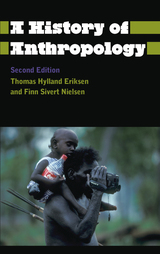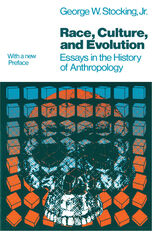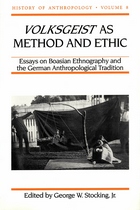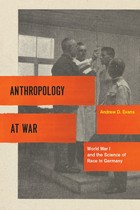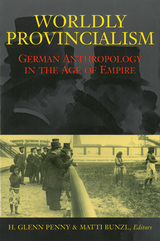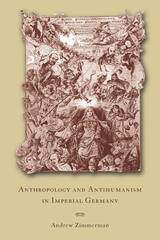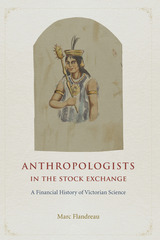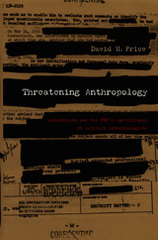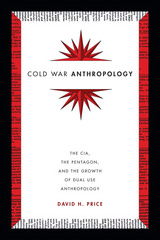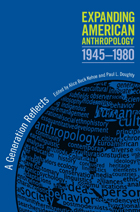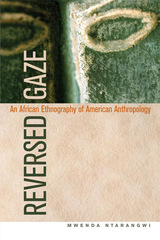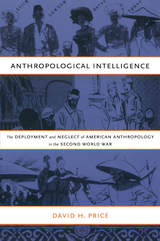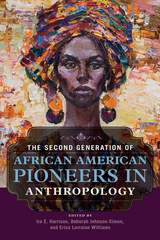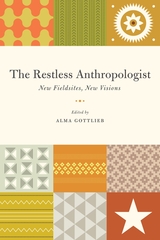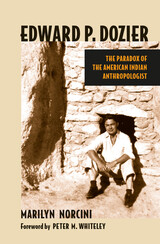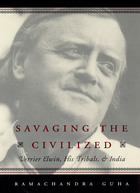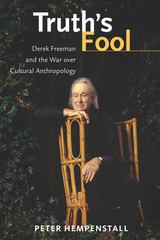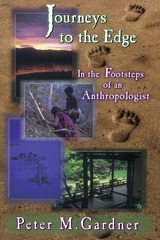Paper: 978-0-7453-2586-6 | Cloth: 978-0-7453-2587-3
Library of Congress Classification GN17.3.U6A57 2008
Dewey Decimal Classification 301.09730904
This book breaks new ground in the history of anthropology, opening up an explicit examination of anthropology in the Cold War era. With historical distance, Cold War anthropology has begun to emerge as a distinct field within the discipline. This book brings a number of different approaches to bear on the questions raised by anthropology's Cold War history.
The contributors show how anthropologists became both tools and victims of the Cold War state during the rise of the United States in the post-War period. Examining the intersection between science and power, this book is a compelling read for anthropologists, historians, sociologists, and anyone interested in the way in which colonial and neo-colonial knowledge is produced and constructed.
See other books on: Anthropologists | CIA | Cold War | Dawn | Science and state
See other titles from Pluto Press

